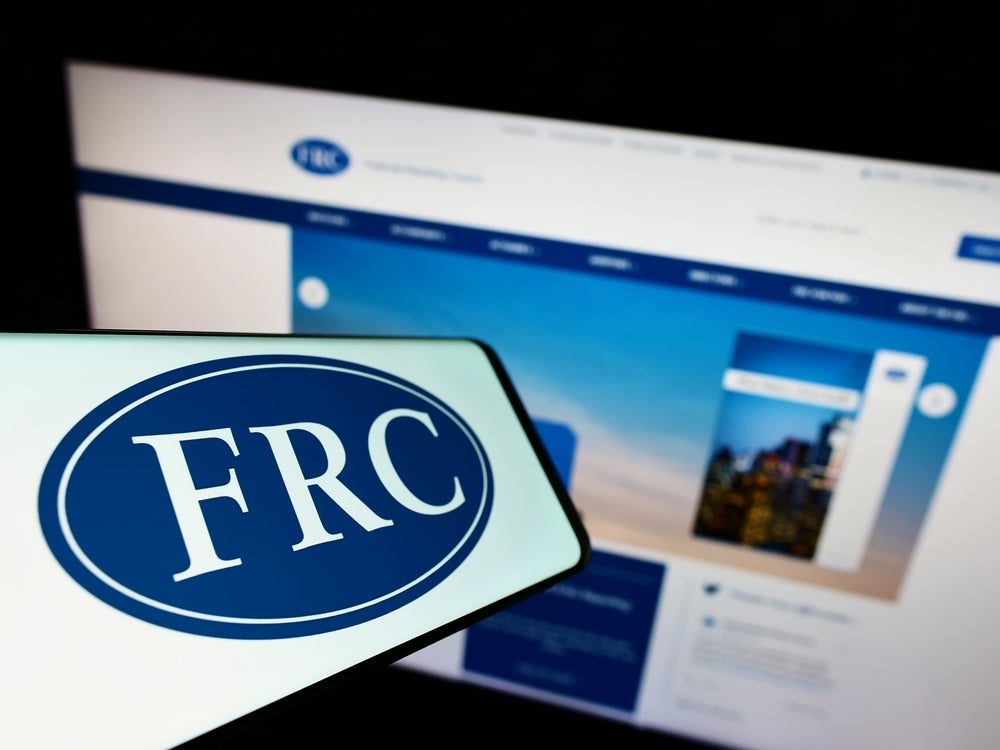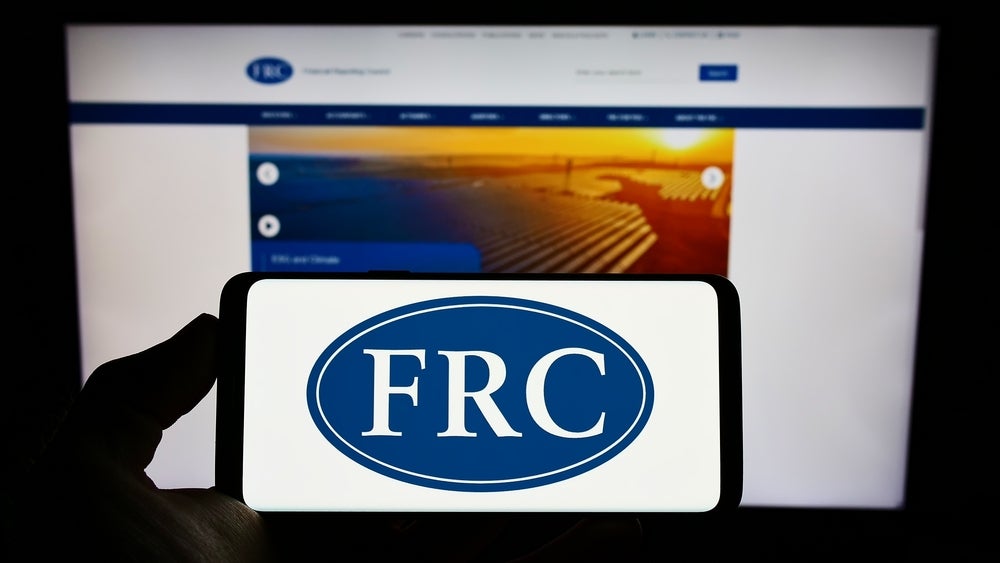The UK Financial Reporting Council (FRC) has issued a consultation paper on the recommendations made by the Sharman Panel Inquiry into Going Concern and Liquidity Risks.
In March 2011 the FRC launched an inquiry led by Lord Sharman aimed at examining and foreseeing the challenges faced by directors, management and auditors where companies face going concern and liquidity risks.
FRC chairman Baroness Hogg said the work of the Sharman panel has been "instrumental in providing guidance for directors and standards for auditors going forward" in the wake of the financial crisis.
Lord Sharman welcomed the FRC’s proposal adding that if implemented effectively the panel’s recommendations would bring positives effects for companies.
"They [the recommendations] will: support better risk decision taking; ensure that investors, creditors and other stakeholders are well protected and informed about the going concern risks; and sustain an environment in which directors recognise, acknowledge and respond to economic and financial distress sooner rather than later," he explained.
In a statement the FRC reminded the Sharman inquiry recommended that the boards of companies complying with the FRC’s Corporate Governance Code should:
How well do you really know your competitors?
Access the most comprehensive Company Profiles on the market, powered by GlobalData. Save hours of research. Gain competitive edge.

Thank you!
Your download email will arrive shortly
Not ready to buy yet? Download a free sample
We are confident about the unique quality of our Company Profiles. However, we want you to make the most beneficial decision for your business, so we offer a free sample that you can download by submitting the below form
By GlobalData- consider the threats to the company’s business model and capital adequacy, over a period longer than twelve months, looking through the economic cycle and the company’s own business cycle;
- develop a high level of confidence that solvency and liquidity risks can be managed effectively during the period of at least twelve months from approval of the financial statements;
- always disclose the significant risks to the company’s solvency and liquidity and how they are being managed, as part of its discussion of principal risks in the business review; and,
- confirm that it has undertaken a robust going concern assessment.
High hurdle
KPMG UK head of audit Tony Cates said the firm is a strong supporter of the Sharman recommendations as shareholders need better depth and coverage regarding "long-term potential vulnerabilities and adaptability of the business model."
However, he added there will be intense debate over what "seems to be the high hurdle set by the FRC for a company to conclude that it is a going concern" as part of its report.
Cates explained it could be difficult for many companies to meet the requirements of a "tough" going concern test although he agrees that boards need to challenge their companies’ business models in this type of way to find out how vulnerable they might be.
"However, we need to find a model for them to report back on this without it being shoehorned into a simple binary verdict around "unqualified going concern" or not. In that way boards will be encouraged to do what the FRC wants them to do: think hard, think laterally and openly report the findings," Cates added.
The deadline to comment on FRC’s consultation is 28 April.
Related link






